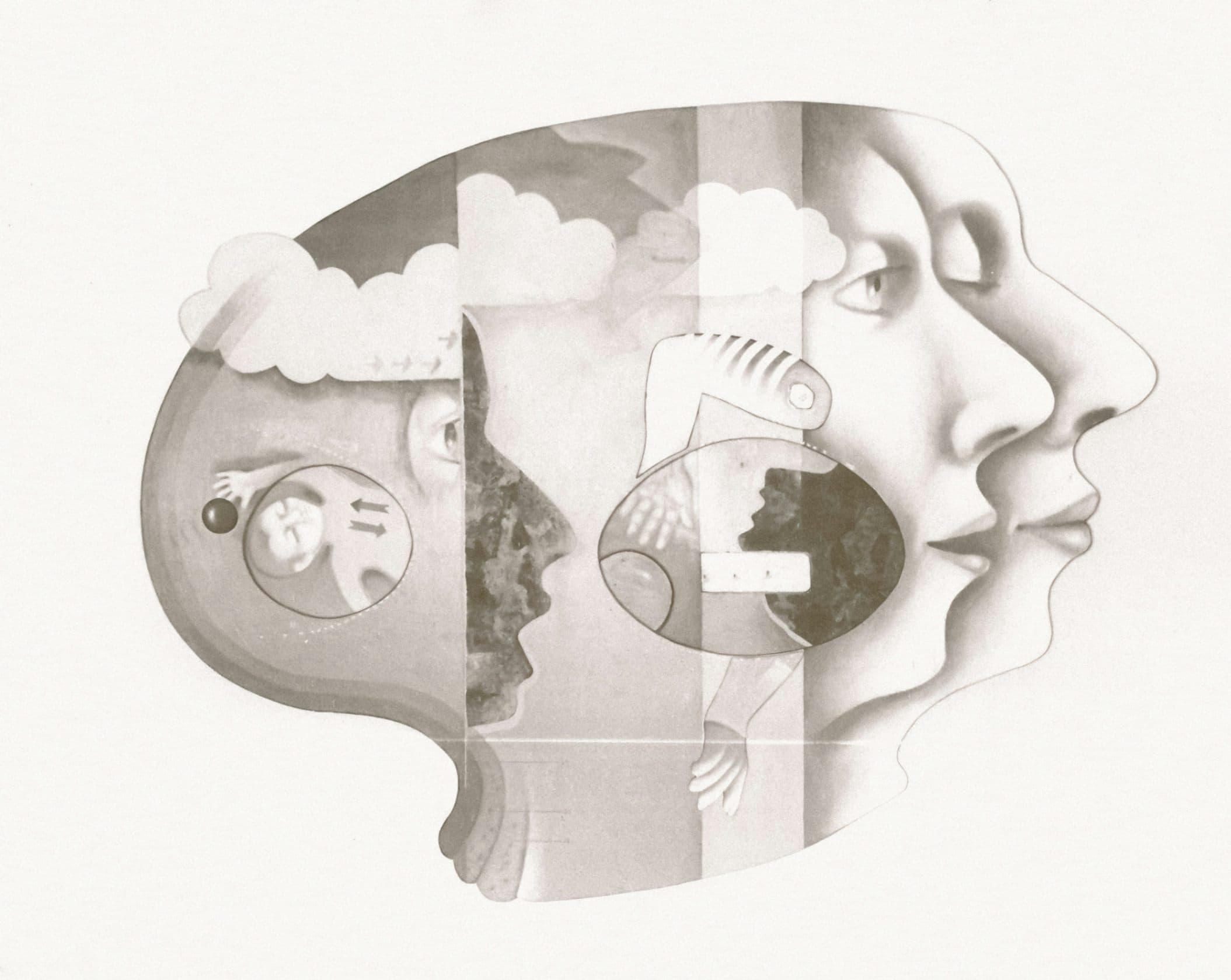
Urban Stressors and Their Impact on Young Professionals
Urban Stressors and Their Impact on Young Professionals
Fast-paced city living offers a wealth of professional opportunities, cultural experiences, and social engagement. However, it also introduces a range of stressors that can adversely affect mental health, particularly for young professionals navigating career development, personal identity formation, and financial independence. High living costs, long commutes, and an always-on work culture often leave little time for rest or introspection. The American Psychological Association has noted that millennials and Gen Z report the highest levels of stress related to work, finances, and health concerns, which are often exacerbated in dense urban environments where competition and visibility are high1.
Urban design can also influence mental wellness. Limited access to green spaces, noise pollution, and over-reliance on digital connectivity can contribute to feelings of isolation and anxiety. While cities offer numerous amenities, the sheer volume and pace can lead to decision fatigue and burnout. Municipal leaders and public health professionals must consider how infrastructure, transportation policies, and zoning regulations impact the mental well-being of younger populations, particularly those engaged in demanding professional roles. Addressing these systemic elements can create a more supportive environment for individual wellness strategies to take root.
Daily Wellness Habits for Sustainable Mental Health
Implementing small, consistent daily habits can help young professionals buffer the effects of urban stress and maintain a sense of internal balance. Mindfulness practices, such as deep breathing exercises or guided meditation, have been shown to reduce cortisol levels and improve focus during high-pressure tasks. According to a randomized controlled trial published in the Journal of the American Medical Association, mindfulness-based stress reduction can significantly alleviate symptoms of anxiety and depression in adults2. These practices require minimal time investment and can be integrated discreetly into work breaks or commutes.
Journaling is another effective tool for managing mental health. Writing down thoughts, feelings, and goals can serve as a form of cognitive processing, helping individuals identify stress triggers and reframe negative thinking patterns. Cognitive behavioral therapy (CBT) techniques often incorporate journaling as a core method for managing anxiety and clarifying personal values3. For young professionals, journaling can also serve as a career development tool, allowing for structured reflection on achievements, challenges, and long-term aspirations. City libraries and coworking spaces can support this habit by offering quiet writing zones and workshops on reflective practices.
Creating Healthy Work-Life Boundaries in City Careers
Establishing and maintaining work-life boundaries is critical for sustaining mental wellness in demanding urban professions. Many young professionals struggle with blurred lines between personal and professional life, especially in industries that normalize after-hours emails or weekend availability. Municipalities can play a role by modeling healthy practices in their own workforce policies, such as limiting non-emergency communications outside of standard work hours and encouraging the use of mental health days without stigma.
In addition to policy-level interventions, individual professionals can take practical steps like designating tech-free time after work, scheduling regular breaks, and setting up a dedicated workspace at home. These boundaries help preserve mental energy and reduce emotional exhaustion. Cities can reinforce these habits by offering coworking spaces with wellness amenities, such as meditation rooms, ergonomic furniture, and natural lighting. These features not only enhance productivity but also signal that mental wellness is a shared responsibil
Read-Only
$3.99/month
- ✓ Unlimited article access
- ✓ Profile setup & commenting
- ✓ Newsletter
Essential
$6.99/month
- ✓ All Read-Only features
- ✓ Connect with subscribers
- ✓ Private messaging
- ✓ Access to CityGov AI
- ✓ 5 submissions, 2 publications
Premium
$9.99/month
- ✓ All Essential features
- 3 publications
- ✓ Library function access
- ✓ Spotlight feature
- ✓ Expert verification
- ✓ Early access to new features
More from Health and Mental Wellness
Explore related articles on similar topics





